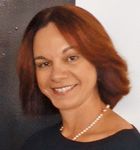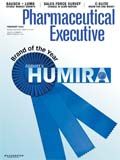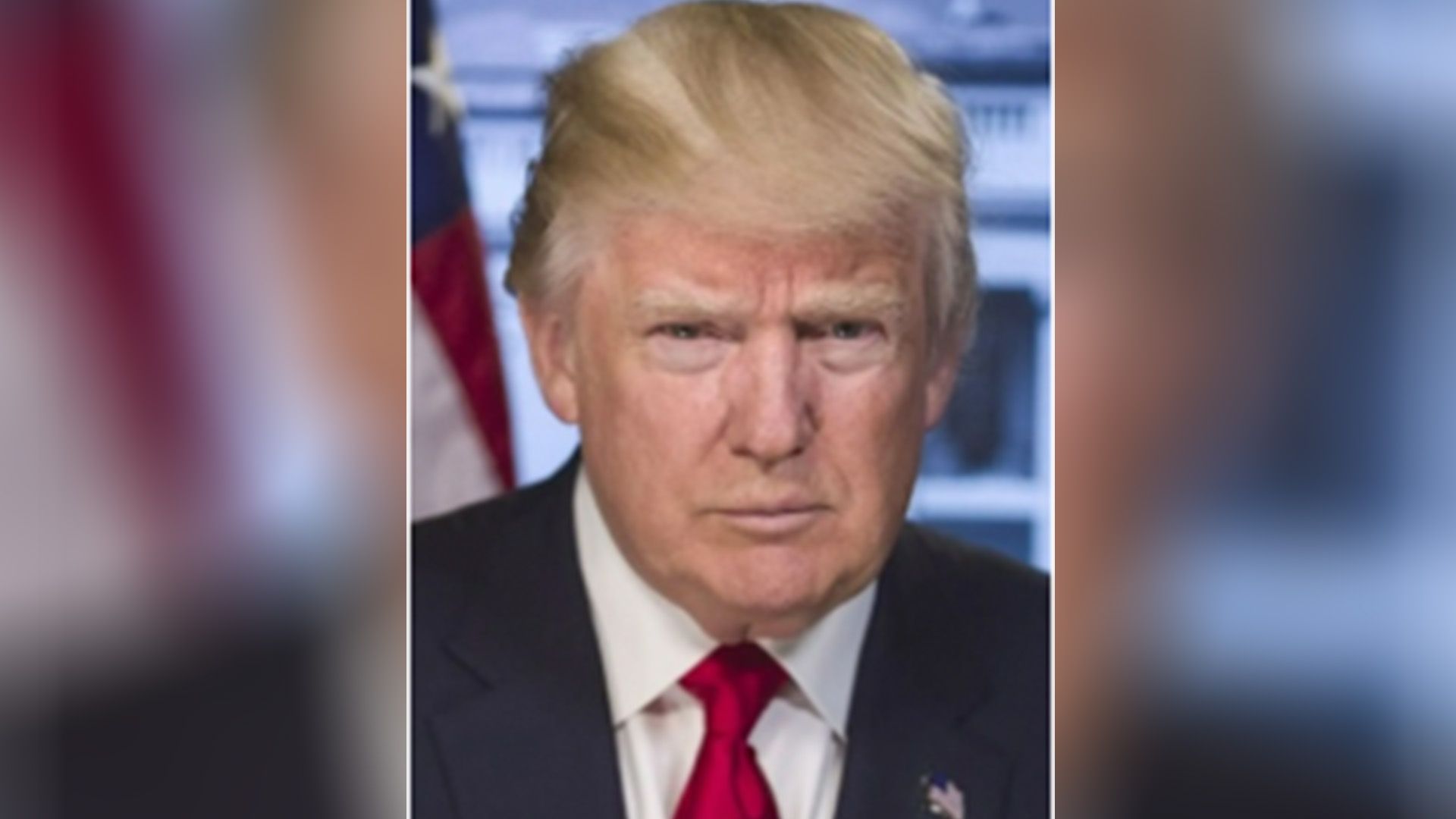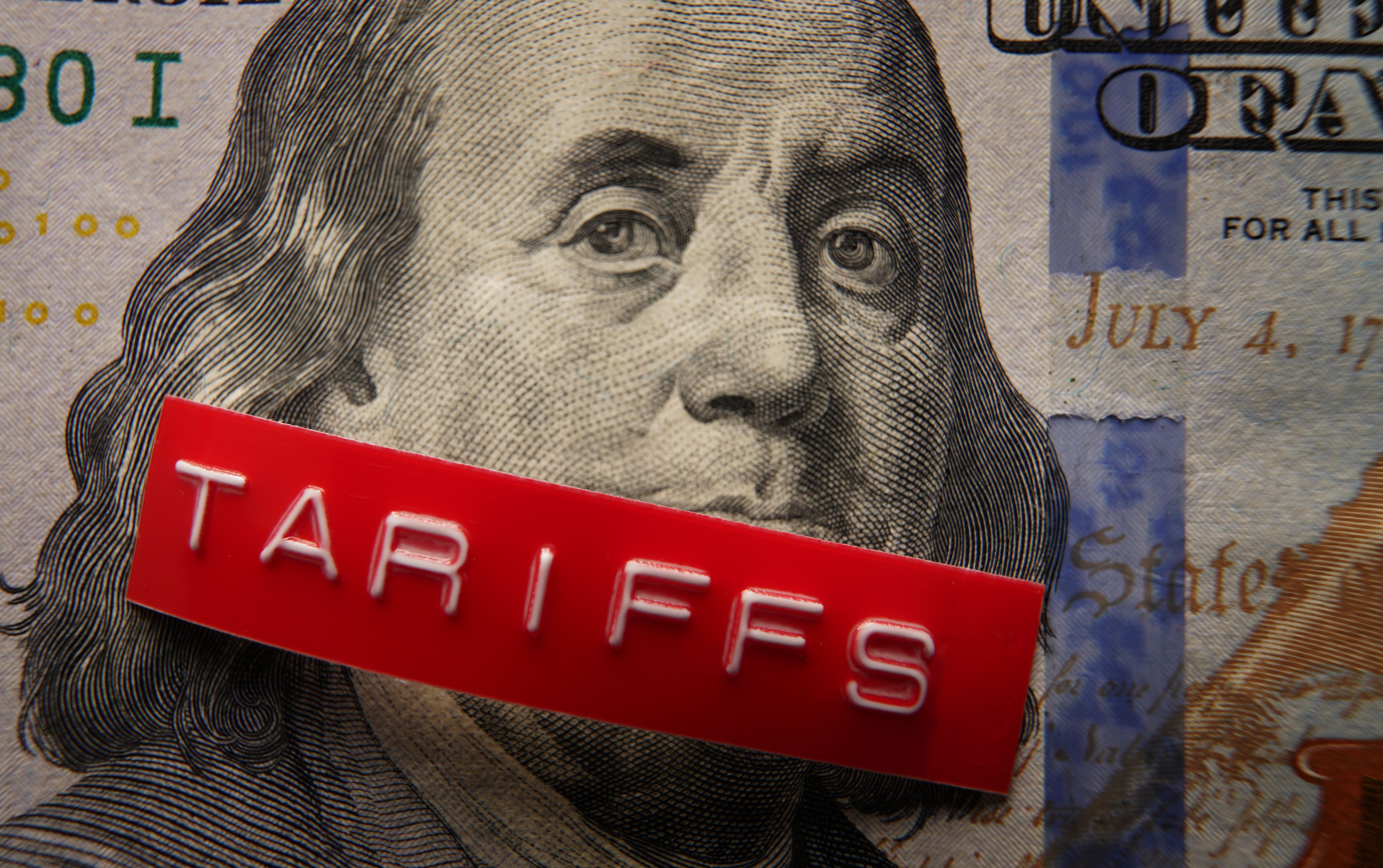Article
Pharmaceutical Executive
Pharmaceutical Executive
Of Farms, Beaches … and Generics
Brazilian industry is learning to spread its pharma manufacturing around more.
In Brazil, the saying goes that if you're a paulista—born in São Paulo state—you're probably a workaholic, restless, and reckless folk. No wonder most ex-pats prefer São Paulo when it comes to work and business; however, there is more to Brazil than skyscrapers, people wearing suits, and traffic jams.

Denise Queiroz, general manager of Erowlabs, The Watson Group
Even though about 80% of the pharmaceutical production is in São Paulo state, more than two-thirds of the Brazilian pharmaceutical consumption market is elsewhere. Osmosis bound, the industry is learning that spreading geographically and getting closer to the final market has its advantages. "Before, the demand in Brazil was concentrated in the South and Southwest; now this is changing dramatically," explains Mr. Fernandes and Mr. Mansur, of DHL Brazil. According to them, "when Exel acquired Unidocks, it used to have only two sites, one in São Paulo and one in Rio. After the integration with DHL, there was another one in the Midwest city of Anapolis. Today DHL has seven sites and its presence and coverage of the vast Brazilian territory is much wider."
Major pharmaceuticals and medical devices companies are also finding important economic advantages to locate their activities elsewhere in Brazil. B.Braun, a German producer of a wide array of medical devices, is building a second facility in the state of Rio de Janeiro. "For a new company wanting to base itself in Brazil, the advantage of not being in São Paulo is that there you would compete with more than 1,000 companies for everything, from terrain and infrastructure to human resources. The assistance and support you get from the state of Rio is much greater than in São Paulo," says Otto Braun, Managing Director of B.Braun Latin America. According to him, another important advantage is that Rio is the No. 1 site in Brazil for the oil and gas industry, whose plastic derivatives are essential for medical device companies.
Servier offers another example of the advantages of having so much "space" for growth. Its vast facility in Rio de Janeiro, disguised as the main house of a colonial farm, has seen a lot of investments in the past 10 years. After building an international center for therapeutic research in 2001 and Servier's first Latin America manufacturing facility in 2009, the company has shown impressive growth figures. "In the last two years, Servier has doubled its Brazilian revenues. As the company is just beginning the fiscal year in October, we are expecting a 40% growth for the coming year. The expectation is to triple the turnover in the next three years," celebrates Guillaume Drianno, Country Manager of Servier. Having all the fiscal incentives to produce in Rio, good infrastructure, space availability, and a pool of talent more than happy to work between forests, beaches, and a thriving city definitely helps.
However promising, Drianno highlights that the growth of the local market is very concentrated in generics. "According to IMS, sales growth of international labs per unit is negative, even though in turnover it is still positive. If you compare it with the generics market, the figure is completely different. Therefore, companies need to be careful before making general assumptions about the Brazilian market," he says. It's thanks to Brazil's fast-growing and savagely competitive generics market that companies move away from São Paulo in search of cheaper places to produce.
This is the case of Erowlabs, The Watson Group's arm in Brazil. According to Denise Queiroz, Country Manager of Erowlabs, the Brazilian generic market is worth around US$4.9 billion, but she warns that this market has a lot of players with a high concentration in the hands of a few. In her words, "About 57% of the local generic market is concentrated in two big companies, and 80% is concentrated in the top six. How can we compete in this area? How can we make a difference here in Brazil? Erowlabs' answer was to be the first in the market and always follow a sharp price strategy." With such tight margins, relocating your operations to hubs elsewhere, such as Anapolis or Rio, might make the difference.
Newsletter
Lead with insight with the Pharmaceutical Executive newsletter, featuring strategic analysis, leadership trends, and market intelligence for biopharma decision-makers.






